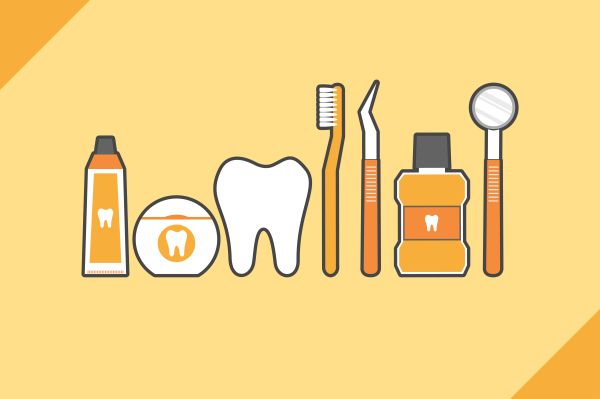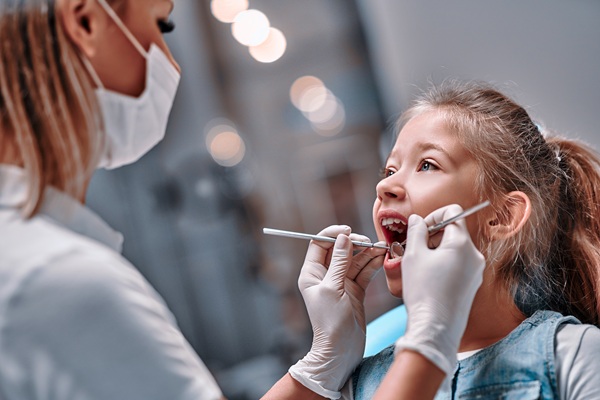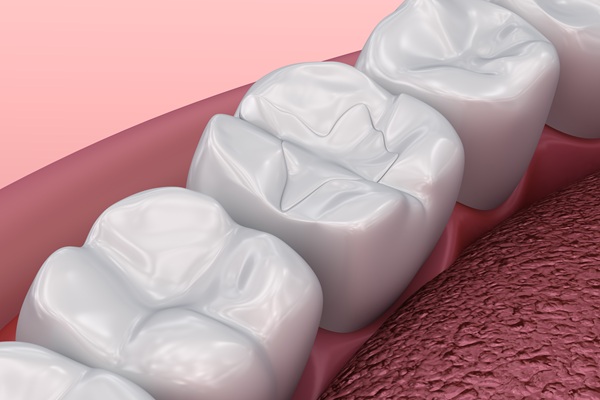Preventive Dentistry Tips to Avoid Cavities

Why is preventive dentistry important?
When it comes to brushing your teeth, some people feel missing a random day or two is not a big deal because their teeth are healthy and are not in danger of falling out. Even though it is true that your teeth will not fall out because you failed to clean them occasionally, failure to practice good oral hygiene increases your chances of having oral health issues that can lead to you losing your teeth.
By practicing preventive dentistry, you reduce your chances of getting cavities, which can lead to tooth decay if left untreated. If you are interested in keeping your teeth and mouth healthy and want to avoid cavities and tooth decay in the future, these tips should help you practice good oral hygiene.
Brush and floss daily
The American Dental Association recommends brushing your teeth at least twice a day, preferably when you wake up and right before you go to sleep. You should also use dental floss on a regular basis to remove the food particles that get stuck in your teeth.
If you eat a snack or a meal and cannot brush your teeth after, rinse your mouth with water or chew a piece of sugar-free gum to reduce the bacteria buildup and the formation of plaque on your teeth.
Visit your dentist regularly
Practicing preventive dentistry requires a visit to your dentist at least twice a year because it allows your dentist to check for signs of oral disease and other health problems. Going to the dentist regularly also improves your chances of avoiding cavities because your dentist will clean your teeth with a fluoride solution that helps prevent cavities.
Drink plenty of tap water
Even though most people consume only bottled water, you should try to drink tap water if you want to practice preventive dentistry because the tap water in most places in the United States contains fluoride. If you are hesitant to drink tap water, there are bottled alternatives that also contain fluoride, but you will have to check the label first to make sure.
Avoid sugary drinks
Drinks with a lot of sugar are bad for your teeth because the bacteria in your mouth feed off the acids, leading to the formation of plaque. If left unchecked, the plaque will harden and turn into tartar, leading to cavities and gum disease.
Stop smoking
Smoking and the use of other tobacco products is bad for your teeth because they stain them, but they are also bad for your oral and general health because the nicotine and chemicals found in these products can lead to serious gum disease and tooth decay.
Conclusion
Practicing preventive dentistry means that you have to watch what you eat and practice good oral hygiene. If you need more tips on how to avoid cavities, ask your dentist how to do so during your next visit.
Request an appointment here: https://www.mycaredentals.com or call My Care Dental at (512) 590-6634 for an appointment in our Austin office.
Check out what others are saying about our services on Yelp: Read our Yelp reviews.
Recent Posts
A kid friendly dentist can do much more than performing a routine examination on your child’s teeth and gum. The dentist also provides important restorative care when your son or daughter has a large cavity. Tooth decay can be common among young patients. When this occurs, the child is at risk of losing the tooth.…
Visible cavities and broken teeth can detract from your smile and make you feel less confident, but tooth colored, or composite fillings can restore these problems in a way that makes the repairs difficult for others to see. In addition, these fillings have many other benefits, and learning about them before making a choice regarding…
When searching for a dentist near me, it is important to find someone who provides excellent care and makes every visit a positive experience. A great dentist combines skill, modern tools, and a patient-focused approach to help maintain and improve your oral health. Whether you need a routine checkup or a more complex procedure, choosing…
Choosing the right Invisalign dentist is essential for anyone looking to straighten their smile. This treatment is offered by general dentists and orthodontists. It involves customized aligners designed to gradually adjust the alignment of a person's teeth. In order to ensure the best results and a seamless process, it is important to ask the right…


